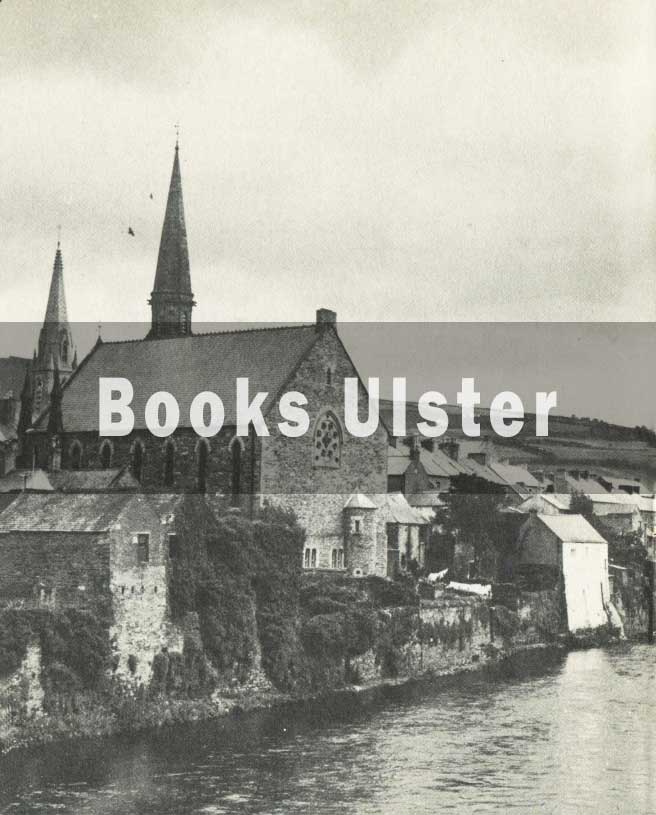Pocket Guide to Northern Ireland - There are Two Irelands
| Source: | A Pocket Guide to Northern Ireland [.mobi (Kindle), .epub (iPad, etc.)] |
| Author: | War and Navy Departments, Washington, D.C. |
| Date: | 1943 |
YOU are going away from home on an important mission—to meet Hitler and beat him on his own ground. For the time being you will be the guest of Northern Ireland. The purpose of this guide is to get you acquainted with the Irish, their country, and their ways.
You will start out with good prospects. The Irish like Americans. Virtually every Irishman has friends or relatives in the United States; he is predisposed in your favor and anxious to hear what you have to say. This, however, puts you under a definite obligation: you will be expected to live up to the Irishman’s high opinion of Americans. That’s a real responsibility.

John Dunlop, the printer of our Declaration of Independence, was born in that little town of Strabane.
The people of Northern Ireland are not only friends, but Allies. They are fighting by the side of England, the United States, the rest of the United Nations. Thousands of Irishmen are hefting steel in the hot spots of the war, doing their share and more. It is common decency to treat your friends well; it is a military necessity to treat your allies well.
Every American thinks he knows something about Ireland. But which Ireland? There are two Irelands. The shamrock, St. Patrick’s Day, the wearing of the green—these belong to Southern Ireland, now called Eire (Air-a). Eire is neutral in the war. Northern Ireland treasures its governmental union with England above all things. There are historic reasons for these attitudes.
Ireland has sent many gifted and valuable citizens to the United States. Irishmen from North and South, Protestant and Catholic, began to emigrate to America in early colonial days. Nine generals in the American Revolution were of Irish birth. Four signers of the Declaration of Independence were born in Ireland and four were of Irish descent. Fourteen Presidents of the United States have carried the blood of Ireland in their veins.
There are many of you soldiers who are of Irish descent. Some of you, Protestants or Catholics, may know at first hand or second hand about the religious and political differences between Northern and Southern Ireland. Perhaps they seem foolish to you. We Americans don’t worry about which side our grandfathers fought on in the Civil War, because it doesn’t matter now. But these things still matter in Ireland and it is only sensible to be forewarned.
There are two excellent rules of conduct for the American abroad. They are good rules anywhere but they are particularly important in Ireland:
(1) Don’t argue religion.
(2) Don’t argue politics.
| Contents: | Contents |
| Previous: | Contents |
| Next: | The Country |
Yanks: British Views on America during the Second World War
This book comprises a selection of articles from the (British) Army Bureau of Current Affairs' WAR and CURRENT AFFAIRS pamphlets, all relating to America and, more particularly, to the relationship between the British and Americans during the Second World War.
"Our enemies are trying to make trouble between the British and the Americans during the war; they are certain to try it after they have been defeated, in the hope of escaping once more from the consequences of their crimes against humanity. It is our business to understand and work with the United States now and in peace-time; that means for us all at least to like and understand the Americans we meet."
ISBN: 978-1910375518

